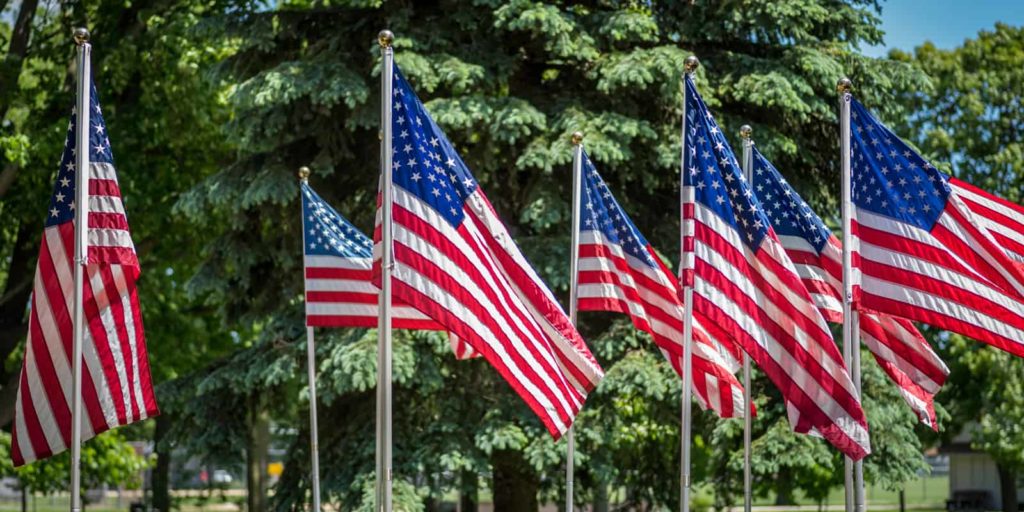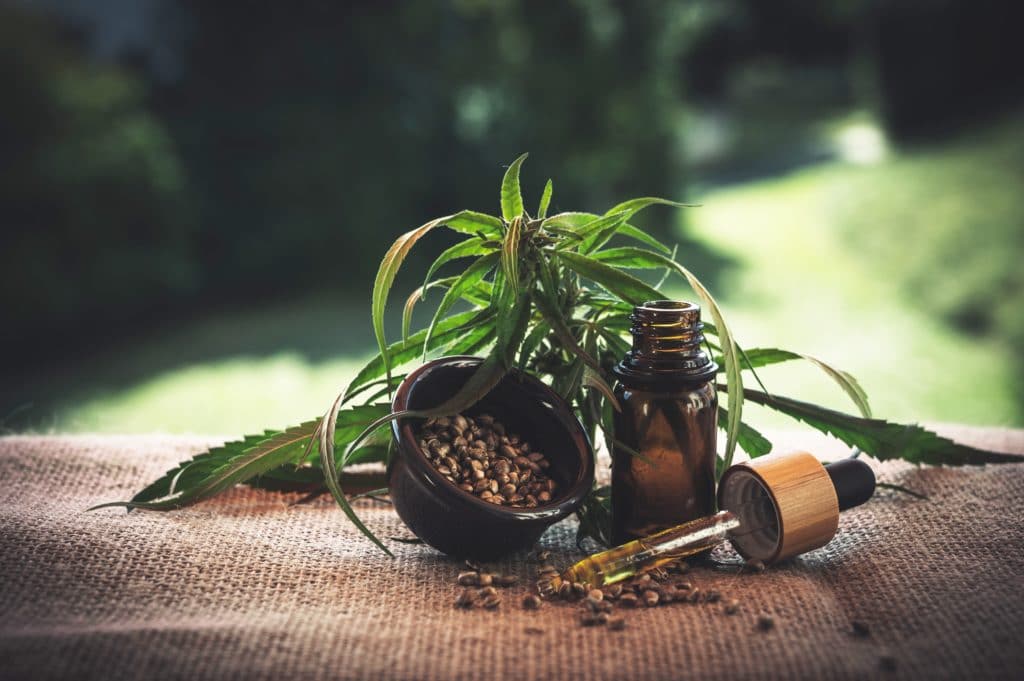4:45 min. read
There are over 23 million U.S. military Veterans living in the US and every American owes a debt of gratitude to the men and women who have served or are currently serving in the U.S. Armed Forces. Roughly 1,282,000 are current, active duty personnel and another 800,000 people are serving in the Reserves. That’s two million people out of a nation of more than 325 million. By any measure, this is a heavy burden placed on the shoulders of relatively few people. Yet unless you live near a military or naval base, they are mostly invisible in our society. The Three Wells team wanted to say thank you to our nation’s Veterans, many of whom live with injuries and other devastating consequences of combat. We also are an advocate for Veterans rights to access medical cannabis through the Veterans Administration.
Medical Marijuana for Veterans
The U.S. has military personnel serving around the world on every continent. We’ve been at war for seventeen years in Afghanistan and many Vets also served in one or both of the wars in Iraq. Vets from the Vietnam era are now easily into their sixties, while each day there are fewer Korean and WWII veterans as time takes its toll. Until very recently, Vets could not discuss medical marijuana with a Veterans Administration doctor let alone obtain it from the VA to help with a variety of conditions, including Post Traumatic Stress Disorder (PTSD). The same held true for Traumatic Brain Injury (TBI). The VA estimates that approximately 20 percent of the 2.7 million Iraq and Afghanistan veterans will experience post-traumatic stress or depression. However, just talking about medical marijuana use could possibly jeopardize VA health benefits, a formal policy that was simply unconscionable. Fortunately, attitudes about medical marijuana are slowly changing at the VA, and it’s about time.
Cannabis for PTSD
According to the National Institute of Mental Health, a PTSD event may occur suddenly without warning causing flashbacks and reliving the trauma over and over, including physical symptoms like a racing heart or sweating. Fear may overtake the person potentially triggering the “fight or flight” instincts which are rooted deeply within our brains. Nightmares are common as are frightening thoughts. Re-experiencing symptoms may cause anxiety problems in a person’s everyday life and routine. An episode can start from the person’s own thoughts and feelings. Words, objects, or situations that are reminders of the event can also trigger re-experiencing symptoms. This can lead to difficulty in maintaining close relationships, feeling detached from family and friends, a lack of interest in activities that were once enjoyed, difficulty experiencing positive emotions and feeling emotionally numb.
However, there is hope as the VA is finally moving forward. “Veteran participation in state marijuana programs does not affect eligibility for VA care and services. VA providers can and do discuss marijuana use with Veterans as part of comprehensive care planning, and adjust treatment plans as necessary.”
While VA doctors can’t (yet) prescribe or obtain it through the VA, current policy no longer denies (or prosecutes) Veterans their right to discuss and use MMJ as part of their overall treatment:
“VA health care providers will record marijuana use in the Veteran’s VA medical record in order to have the information available in treatment planning. As with all clinical information, this is part of the confidential medical record and protected under patient privacy and confidentiality laws and regulations.”
Medical Marijuana (MMJ) shows great promise in treating PTSD. A 2009 Canadian study utilizing a form of synthetic cannabis reduced nightmares by 72 percent for the forty-two subjects in the study. Dr. Sue Sisley, MD, Principal Investigator of the Scottsdale Research Institute is conducting an FDA-approved study funded by a $2.15 million grant from the University of Colorado. It is the only federally-authorized study of MMJ for military veterans in the United States. At Three Wells, we hope that additional research will soon be underway in the US. In September 2018, US Senators Bill Nelson (D-FL) and Brian Schatz (D-HI) introduced the Veterans Medical Marijuana Safe Harbor Act that would allow VA doctors to prescribe MMJ to ease pain or symptoms of PTSD. The proposed legislation also allocates $15 million for pain research and veteran usage of state medical marijuana programs.
Veterans Groups Support Medical Marijuana
Stories are prevalent on the Internet that marijuana helps Veterans with a variety of medical issues and Veterans organizations are supporting their rights to obtain it. The American Legion is urging Congress to amend legislation to remove marijuana from Schedule I of the Controlled Substances Act and reclassify it, at a minimum, as a drug with potential medical value. In its survey, 83 percent of Veteran households believe the federal government should legalize medical cannabis nationwide, and 82 percent indicated that they would want to have medical cannabis as a federally-legal treatment option. The survey also showed that 22 percent of Veterans are currently using cannabis to treat a medical condition. The Veterans of Foreign Wars organization also solidly supports VA-sponsored research. Groups like the Veterans Cannabis Group and the Iraq and Afghanistan Veterans of America also advocate for veterans’ rights to access medical cannabis for therapeutic purposes. According to a 2017 IAVA study, “only fifteen percent of IAVA members oppose the legalization of medical marijuana.” The Veterans Cannabis Project states that more than 80 percent of all Veterans support medical cannabis programs. Clearly, Veterans favor access to medical marijuana and our nation’s politicians need to support the people who volunteered to serve.
Using Cannabis to Fight Veterans Opioid Addiction
The opioid crisis in America is having a disproportionate impact on Veterans as chronic pain management can be a vicious cycle dependent upon prescribed painkillers. According to the American Legion, “poorly-treated chronic pain increases suicide risk, and veterans are twice as likely to succumb to accidental opioid overdoses.” Many Veterans, especially those who served in Iraq and Afghanistan, told The American Legion that they improved their health care outcomes by ditching VA-prescribed opioids in favor of medical marijuana. A 2014 study published in the Journal of American Medical Association found that states with medical marijuana laws had significantly lower opioid overdose deaths. That is a significant step in the right direction.
Our deepest thanks to all who have served and protected our great country.




